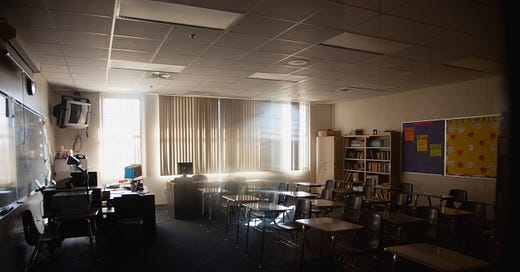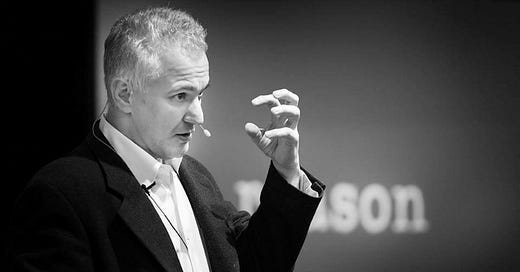Kids Are Giving Up on Elite Colleges—and Heading South

Scott Katz, a sophomore sports management major from Pennsylvania, sits in his dorm room at Elon University in North Carolina. (Veasey Conway for The Free Press)
‘Even if I could’ve gotten into Harvard, I wouldn’t have gone.’
609
The recent wave of violent protests and arrests at elite universities like Yale and Columbia have only confirmed for Scott Katz that he made the right decision to attend Elon University. The North Carolina college, where he is currently wrapping up his sophomore year, is a long way from his hometown of Lafayette Hill, the predominantly liberal Philadelp…
Enjoying the story?
Enter your email to read this article and receive our daily newsletter.
Error
Already have an account?
Sign In














